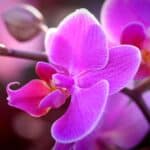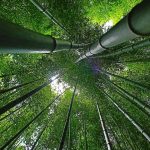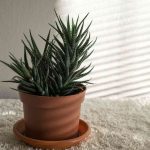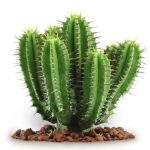Inarguably, common fruits/veggies like apples and carrots are actually made, but how about bananas? Are bananas man made? Well, the short answer is yes, bananas are man-made trees, and we'll explain more about this shortly.
But for the fact that bananas are actually man-made, would that cause you to stop eating them? Banana, an elongated edible fruit, is one of the sweetest fruits eaten by many people in different countries across continents.
There are actually many types of bananas - with various sources on the internet claiming that they were all genetically created.
Let's find out the real truth behind the origin of bananas.
Table of Contents
Are Bananas Man Made?
Well, according to JF_Queeny on Reddit:
The current banana we know and love is a clone.
So, the answer is "YES." Bananas are actually man-made. If not for human intervention, the banana we know and eat today wouldn't be existing.
Banana was modified to improve its nutrient quality and to make the plant adapt to environmental changes.
The very first bananas that existed had seeds inside. Early farmers, around 5000 B.C. started hybridizing bananas to remove the seeds and make them look more appealing to the sight.
Through hybridization, after several decades, seed-free bananas were achieved.
Regardless, there are still very tiny seeds in bananas; they are almost insignificant and they don't also contribute to the reproduction process of bananas. Bananas cultivars were majorly Musa paradisiaca and M. Sapientum.
Where Do Bananas Come From Originally?
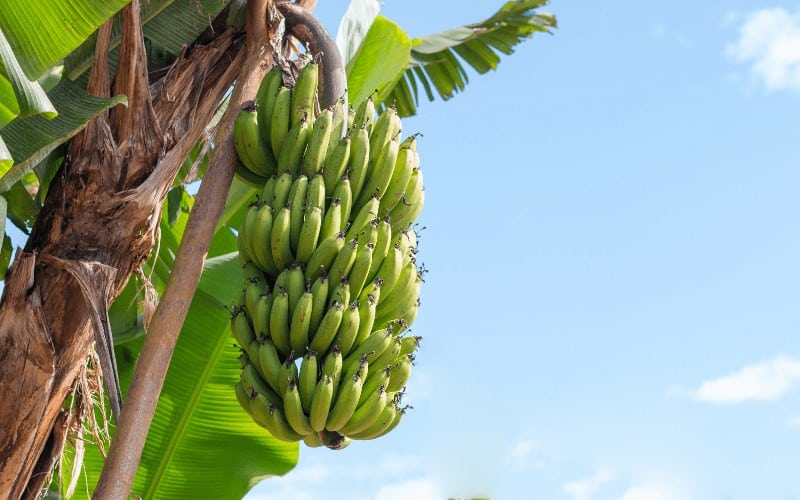
Many varieties of bananas were discovered in Southeast Asia, in the jungles of Malaysia, Indonesia, and the Philippines where there are still different varieties of wild bananas today.
The present name was said to have come from Africans since the word "banana" was gotten from the Arab, meaning "finger." Today, we have many species, subspecies, and varieties of bananas.
Literally, the total number of banana/plantain cultivars is around 300 to over 1000. The names are pretty confusing, and thus they are grouped; banana cultivars are grouped into AA group, AAA group, AAAAB group, and the list continues.
The first hybrid banana to be achieved was gotten from breeding the wild Musa acuminata and Musa balbisiana species. M.
Acuminata species had fleshy inside with no seed, while M. Balbisiana species taste good but contain many seeds inside.
Furthermore, it is important to say that there are genetically created bananas; that is, species that were created in labs by scientists. But, it is said by many reputable health organizations that all approve species of banana are safe to eat.
Are Bananas Natural?
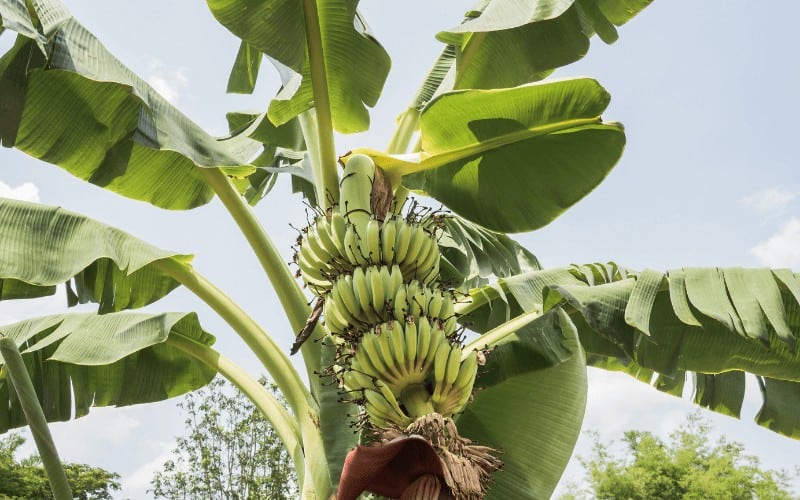
Like I said earlier, bananas are not natural, they're man-made trees. According to Alliance For Science:
Each banana plant is a genetic clone of a previous generation.
So, bananas are not genetically modified.
Bananas (with some of its species referred to as plantains) are one of the most important food crops widely consumed by many people in different countries and regions. of all age groups.
Actually, bananas are rich in carbohydrates, vitamins B and C, potassium, and phosphorous. However, bananas are vulnerable to biotic and abiotic stresses, which may affect their production.
The name "banana" is a general name for plants that produce the fruit. In different regions, you'll find bananas of different colors, and they are all edible. Banana belongs to the genus Musa in the banana family, Musaceae.
There's another genus that has plants referred to as bananas because of their shape/appearance.
The genus Ensete has plants that are also called bananas such as the snow banana (Ensete glaucum) and false banana (Ensete ventricosum).
What Else Should You know About Banana?
The common banana you buy in stores or streets is called cavendish banana so as to differentiate it from "plantain" bananas that actually look exactly the same but appear bigger in size.
There are rumors that bananas are on the verge of extensions; well, that's not totally true.
However, since the bananas we consume today are clones, it is believed that may, someday, be wiped out by a soil fungus.
Related Posts:
- Are Carrots Man-Made?
- Is Broccoli a Man-Made Plant?
- Are Cauliflowers Man-Made?
- Are Corns Man-Made?
- Is Kale a Man-Made Plant?
- Dwarf Banana Tree Care
Conclusion
So, are bananas man-made? Yes, they are man-made - gotten through several years of hybridization; however, some are genetically modified species.
The origin of bananas can be traced to Southern Asia and America. Bananas won't be going into extinction any time soon.

